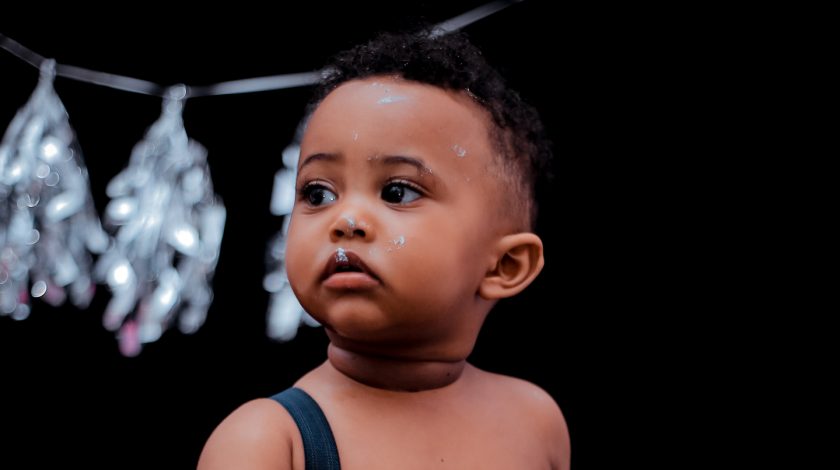About self-esteem
Self-esteem is liking yourself, feeling worthwhile, believing in yourself and knowing what you do well.
Self-esteem gives children confidence to:
- try new things and try again when things don’t go as planned
- do things that they might not enjoy or normally be good at
- face challenges rather than avoid them.
When children try new things, face challenges and bounce back, they learn and grow. This is why self-esteem can be an important part of child development.
Babies and self-esteem
Newborns and very young babies don’t really have self-esteem. That’s because they don’t yet see themselves as being their own person. But you can still lay the foundations for healthy self-esteem by:
- caring for your baby gently
- responding when your baby cries
- giving plenty of cuddles and smiles.
These warm and responsive interactions tell your baby that they’re loved and lovable.
Toddlers and self-esteem
Toddlers are starting to develop an understanding of themselves, what they can do, and what makes them who they are. Here are ways you can build your toddler’s self-esteem:
- Let your child decide between safe, toddler-friendly options, like which toy to play with, or whether to have jam or butter on their toast. This gives toddlers an exciting sense of control, which helps to develop confidence and a sense of self.
- Give your child the chance to say ‘no’. Toddlers need to assert themselves and learn that decisions have consequences. For example, if your child says no when you ask them to put a jacket on, that’s OK. Getting cold won’t hurt them.
- Let your child explore their environment, but be ready to respond if they need you. For example, your child might be fascinated by an ant but frightened when the ant crawls on their foot. Your child needs you to let them know it’s OK.
- Coach your child through tricky social situations. Toddlers might find it hard to share and take turns because they’re learning who they are and what’s theirs. So you can say, ‘It’s my turn to have the red block now. Great sharing – well done!’
Preschoolers and self-esteem
At this age, preschoolers often like to compare themselves with others, and will ask whether they’re the biggest, fastest or best at whatever they’re doing. You can have a big role in nurturing your child’s self-esteem and helping your child value themselves.
Here are some ideas:
- Give your child balanced feedback. This is praising your child for giving things a go, doing their best or trying something new – not for being the ‘best’. It encourages them to appreciate other people’s successes too. For example, ‘Well done for racing and giving it your best try – I’m proud of you. Let’s congratulate your friend on winning’.
- Explain that losing is a part of life. Try asking questions like ‘Did you give it a good try?’ or ‘Did you have fun?’ before you ask ‘Did you win?’ This shows your child that you value them regardless of whether they won or lost – and encourages your child to do the same.
- Play simple board games or card games together. Turn-taking games like these help your child learn how to play cooperatively and get along with others. This can give your child skills and confidence in social situations.
- Encourage your child to help you with household chores – for example, setting the table or putting away laundry. This shows your child that you trust them with responsibility, which helps your child feel good about themselves.
- Show interest in the things that interest your child. For example, you could sit and watch your child’s favourite tv program and discuss it with the child. Or spend time together building blocks, doing puzzles, kicking balls – or whatever your child enjoys.

